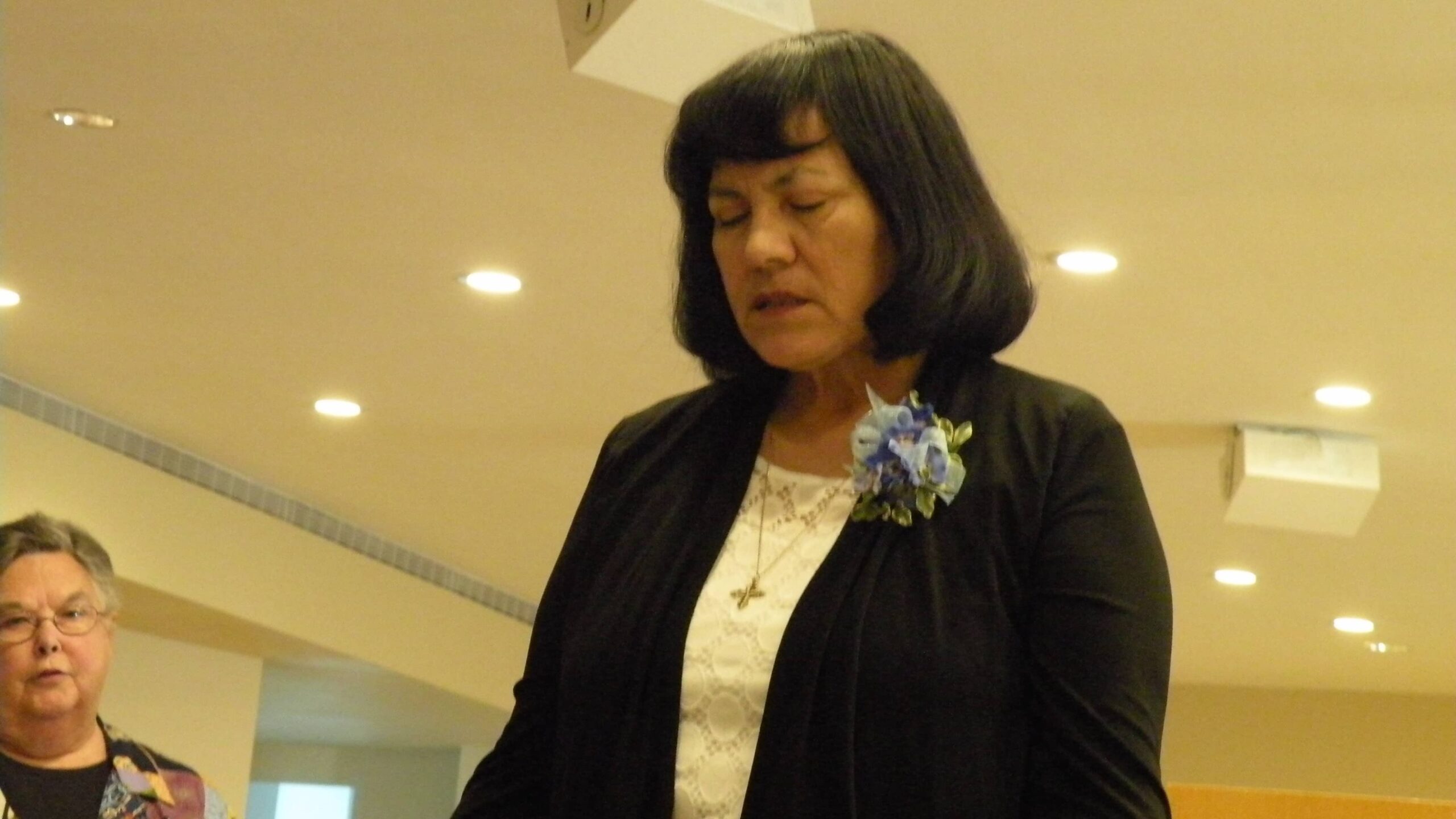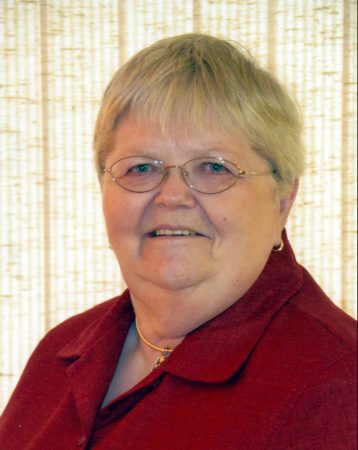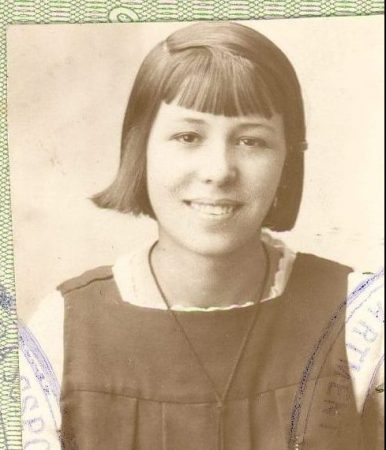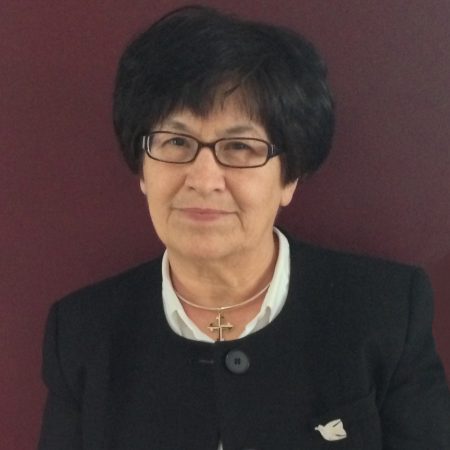
My Vocation Story
Perhaps, like Jesus, our question of wonderment that we might ask ourselves might be, “Who do others say that I am?” This question requires a mature and thoughtful answer.
Who do you say that I am?
When my nieces and nephews were very young, I would often ask them, “What do you want to be when you grow up?” and in their young imaginations, their fantasized responses were “an astronaut, a rock star, a Ninja or a Princess.” Well, now that they are all grown up, I report to you that we have no astronauts, rock stars, Ninjas nor royalty in the family.

We all have to answer crucial questions in life, and as we mature, the question “What do I want to be when I grow up?” brings about other questions to ponder upon, such as, “Who did I become as I grew up? And maybe “With whom would I like to spend the rest of my life?” “Who are my friends?” …even in social media, who do I follow on Facebook? on Twitter? And who are my followers on social media? “How do others see me?”
Perhaps, like Jesus, our question of wonderment that we might ask ourselves might be, “Who do others say that I am?” This question requires a mature and thoughtful answer.
A Japanese Proverb says: When a character of a man is not clear, look at his friends. A similar one in English is: Tell me who your friends are, and I’ll tell you who you are. It seems to me that these proverbs tell us that our identity is often defined by our associations, by those with whom we hang around, by those whom we follow.
The Gospel today presents us with a powerful exchange between Jesus and Peter. Realizing that Mark gives us the scene to teach us about Jesus, it is nevertheless tempting to wonder what was going on inside these two.
The first part of the Gospel provides a familiar scene of Jesus walking with his disciples, as they were now accustomed to doing. It had become a regular pattern in their lives – they had become quite settled in his company having shared interesting stories, witnessed many miracles, and surely shared many profound conversations. They might have never been so contented in their lives, and as far as they were concerned, this was what they were meant to be ‘when they grew up.’ Following him was beginning to sound like the ideal second career.
Then Jesus asks that crucial question: Who do people say I am? What do you think people think about me? is his basic question. Jesus doesn’t really want to know what the Apostles have heard among the crowds; he wants to know what they have come to believe about his identity. And, without hesitation (though they should have known better), he gets an honest answer: “Some say John the Baptist, other Elijah, and still others, one of the prophets.”
When he asked them again, the question changes to them: And who do YOU say I am? They relied on Peter, gave him the thumbs up, and Peter proudly proclaims: You are the Christ!
At the time ‘the Christ’ was the promised Messiah with overtones of political leadership and the restoration of Israel’s glory days of King David. Peter had just identified Jesus as the Christ, the Son of the Living God! There’s a lot behind that answer. He was the Christ – the Messiah – as they thought, yet to others, he was ‘just’ another prophet.
However, what follows is Jesus offering a correction on that common opinion. He would be a suffering Messiah, much like Isaiah’s description in our first reading today. Peter is shocked. “Not you Lord!” he says, and that rebuke caused Jesus to turn on Peter.
Could it be that Peter came to recognize that to be a Christ-follower was more than a fantasy? Could it be that it meant being like Christ ‘as he grew up?’ It was beyond the faith of believing and knowing that Jesus was the Christ, for what good was that faith if it did not have works? Can that faith save him? Knowing that the Messiah had chosen them to be his followers meant more than having faith. To be a ‘Christ-follower’ meant to be ‘Christ-like.’ It was far beyond the childhood game of “Following the leader.” It meant taking up the cross.
Today Jesus still asks, “Who do you say that I am? …and as he said to Peter, he adds, “Get behind me.” And he starts walking.
– Sister Chela Gonzalez, OP





